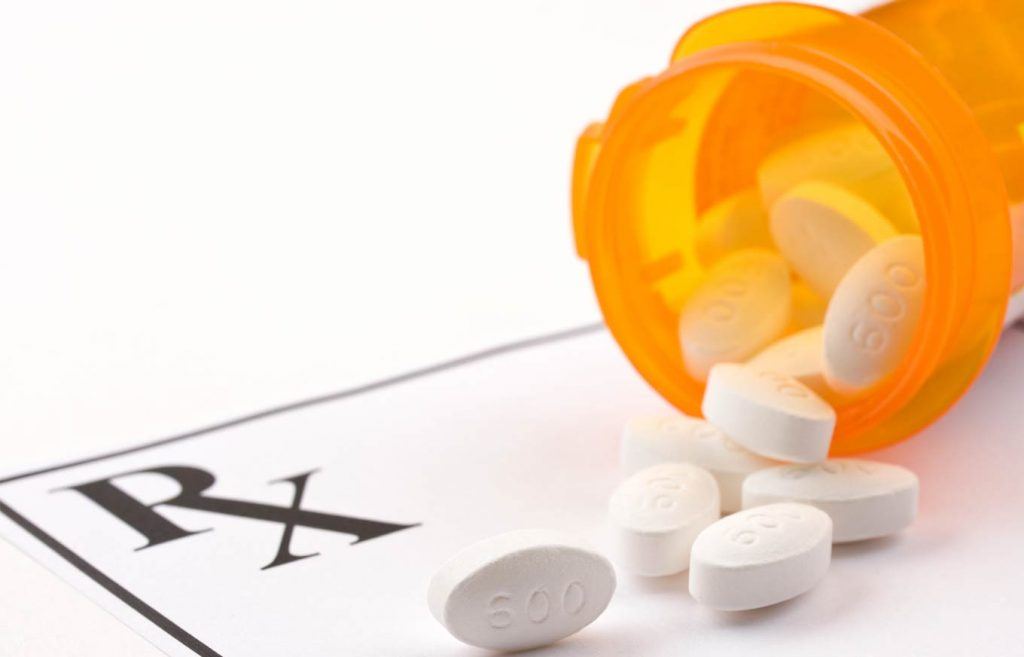The whole point of taking prescription medications is to get healthier and make you feel better by fighting whatever illness you might have. Sometimes however, people make mistakes with their medications that can end up causing adverse reactions.
While most errors are relatively harmless, some others can result in serious problems for the patient who may not be paying close attention. Here are some of the most common mistakes people have made with their prescriptions:
- Expiration dates – Beginning in 1979, the FDA required that all prescription labels carry an expiration date, so that users could know whether or not the drug was still safe to take, and whether it would still work as it was meant to. By ignoring expiration dates, you might run into either safety issues or effectiveness issues.
- Incorrect dosage – These kinds of errors are usually the result of people not reading the directions on the label, and for instance taking only one pill when two were prescribed, or taking two when one was prescribed.
- Rate of usage – The rate of usage for people of all ages in this country is increasing at an alarming rate, according to the Journal of the American Medical Association. Some prescription medication users become overly dependent on their meds, and do whatever they can to continue using them or to get additional prescriptions.
- When to take the medication – There are specific times of day that you need certain prescription medications in your system, because that’s when they are most needed and that’s when they are most effective. For instance, medications fighting high cholesterol should be taken at night, because that’s when cholesterol production is highest in the body.
- Combining it with other things – Your doctor can tell you if you should avoid combining your prescription meds with other things like vitamins, but you shouldn’t leave it to guesswork, because some medications just don’t mix well with other concoctions. Allergy medicines and heartburn medicines are two common over-the-counter medicines which don’t react well with some prescription medications.
- Not finishing the prescription – You might start feeling better within a few days of starting a medication, but you should always finish it through the prescribed number of days. While some of the bacteria may have been eliminated, there might well be some left behind, and when you stop taking the medication, it has free reign to return. Any germs that survived the period you were taking the drug, then develop resistance to it and may become superbugs.
- Skipping doses – It’s not usually a problem if you skip a dose when you’re using a prescription medication, but there are times when missing a dose can cause major problems, for instance if you’re taking something to control seizures or to help manage blood clotting. In cases like these, it could make your medication completely ineffective, and cause potentially dangerous results.
- Sharing with family/friends – This can be a common mistake when you’re trying to help out someone who is experiencing pain and would like to try your medication for relief. Keep in mind that you have no idea how your medication might react in someone else’s body, because they may be taking other medications already, and yours might conflict with that. You would then be at least partially responsible for whatever happens to them.
- Improper storage – Many people store their medications in the absolute worst place possible in the home – the bathroom. Moisture can easily degrade medications, and there is no more humid place in the house than your bathroom. Even though prescription meds are generally issued in amber-colored vials to protect them from the light, the glare of your bright bathroom can penetrate those vials and weaken the potency of medications. It’s always best to store prescriptions in a cooler, dark place in the home.



